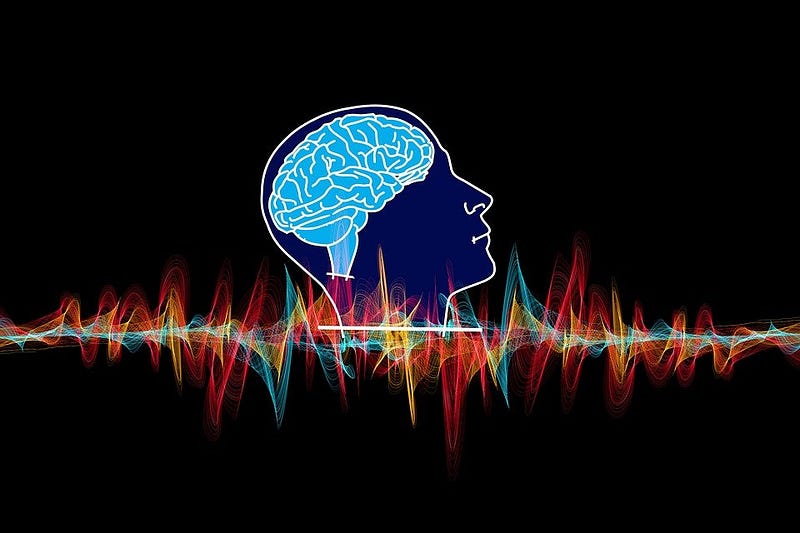Understanding Sleep Difficulties with Age: Insights from Research
Written on
Chapter 1: The Importance of Sleep
Many individuals aiming to enhance their health often prioritize diet and exercise, which indeed play significant roles. However, this perspective often overlooks a crucial element of well-being: sleep.
Quoting renowned figures, some assert that sleep is an unnecessary indulgence, boasting about their limited sleep hours.
It’s essential to recognize that sleep requirements vary among individuals, with most needing between 7 to 9 hours. Some may thrive on a polyphasic sleep schedule, while others may not. If you frequently wake up feeling fatigued, it might indicate insufficient sleep for your personal needs.
Sleep is vital for the body, including the brain, to recuperate from daily stressors. It aids in memory consolidation, skill retention, and the removal of brain waste products, particularly through dreaming. Moreover, adequate sleep can lower the risk of Alzheimer’s disease and enhance glucose regulation.
In short, habitual all-nighters are not advisable.
Section 1.1: Sleep Patterns in Older Adults
Despite sleep's significance, older adults tend to experience poorer sleep quality on average, even though they may need restorative sleep the most. Aging bodies and minds face challenges that necessitate good rest.
So, what hinders the elderly from achieving restful sleep? Recent research involving mice reveals that specific brain cells that regulate wakefulness become hyperexcitable with age, disrupting sleep patterns.
Subsection 1.1.1: Study Findings on Hypocretin Neurons

Researchers focused on hypocretin-expressing neurons, which signal wakefulness. Interestingly, older mice exhibit a reduced number of these neurons. One might expect this to lead to increased sleep, yet the remaining hypocretin neurons become more reactive, causing longer wake periods.
By stimulating these neurons in both young and old mice, scientists observed that aged mice showed increased wakefulness due to heightened neuron sensitivity. Further investigation revealed that these neurons in older mice had fewer KCNQ2/3 channels—essentially 'gates' that regulate neuron firing.
When these channels were eliminated from young mice, their sleep patterns resembled those of older mice. Conversely, treatments that inhibited excessive firing in aged hypocretin neurons enhanced sleep stability.
Section 1.2: Implications of the Research
The scientific conclusion indicates that the down-regulation of KCNQ2/3 channels in aged mice leads to hyperexcitability of hypocretin neurons, ultimately causing sleep instability. The authors suggest that targeting these channels may offer a potential therapeutic approach to improve sleep quality in older adults.
Chapter 2: Video Insights into Aging and Sleep
The first video, "MasterClass 8: How Sleep Changes with Age, Effects on Memory and Mood," delves into how aging affects sleep patterns and cognitive functions, emphasizing the importance of quality sleep throughout the lifespan.
The second video, "Why Aging Is Destroying Your Sleep," explores the various factors contributing to sleep disturbances in older adults, highlighting the need for awareness and potential solutions.